Story by Dawn Yip
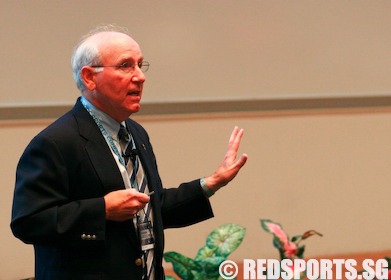
It's difficult not to be moved by the infectious enthusiasm of Professor Robert Malina. He's the Professor Emeritus at the University of Texas Austin's Dept of Kinesiology and Health Education, and a keynote speaker at the inaugural Singapore Sports Conference organised by the Singapore Sports Council and Republic Polytechnic.
Red Sports interviewed him on the sidelines of the conference, and found in him an avid spokesman for childhood involvement in recreation sports, mass participation, and cultural sensitivity. Not surprising given that he has a PhD in both sports and anthropology, and his primary area of study for the past four decades has been children and youth.
"Young athletes are first children and youth, then athletes," said Prof Malina. Adults often forget this, and that's when sports programmes go awry. "Left on their own, children are very fair and honest. Usually adults are the problem," says Prof Malina. "We joke in youth sports that when all else fails, perform an ‘adultectomy'!"
Prof Malina noted that there was a stronger focus on children and youth in Singapore now than when he was last here in the 1990s. But he also noted with concern that childhood obesity had increased. "There are so many ways to be inactive today," said Prof Malina. School, for example, was "a socially sanctioned form of physical inactivity," and many adults still held the view that "a quiet and still child is a good child." Prof Malina urged a greater focus on helping children to enjoy sport and stay active. Outdoor play was particularly important, "that's why green spaces in cities are so important," Prof Malina emphasised. But he added that "it's very difficult to lose weight by exercise alone. You also have to reduce calorie intake."
When asked what advice he had for Singapore's upcoming hosting of the 2010 Youth Olympic Games, Prof Malina's response was immediate: "Keep it in perspective. My fear for the Youth Olympic Games is that it's an adult model applied to children, and it's focused on the talented when it should be focused on the masses." He noted that the Olympics were sometimes politicised, and there were occasional high-profile doping cases. "I hope you don't have drug cases. It scares me, especially since these are young people."
Prof Malina added that there was a need to "guard the media." Describing the case of a US athlete who came in seventh in an Olympics event, Prof Malina said that she was widely described as a failure in American media. "All we know is gold, silver and bronze. Nobody knows who is fourth. Don't let the Youth Olympic Games run your life. Don't lose touch with reality."

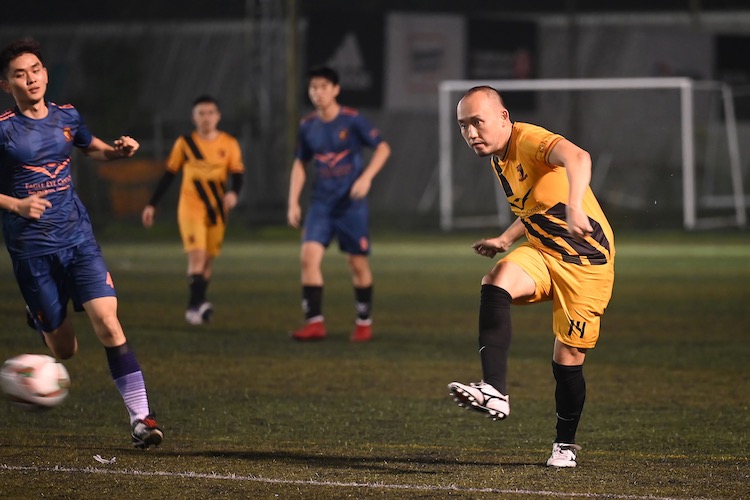
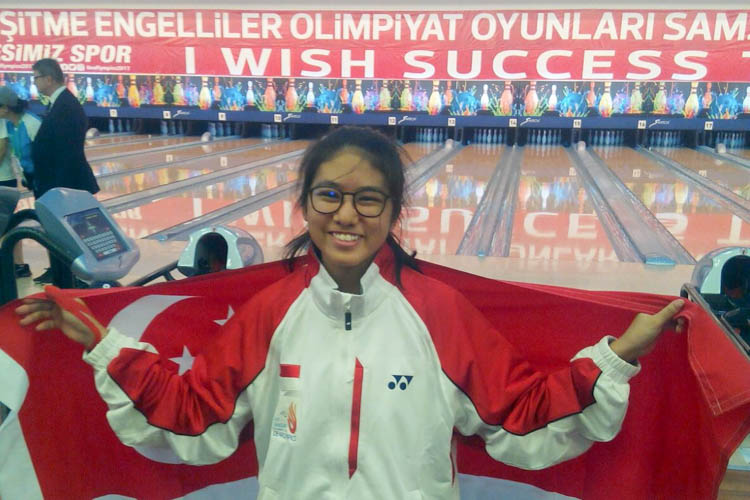
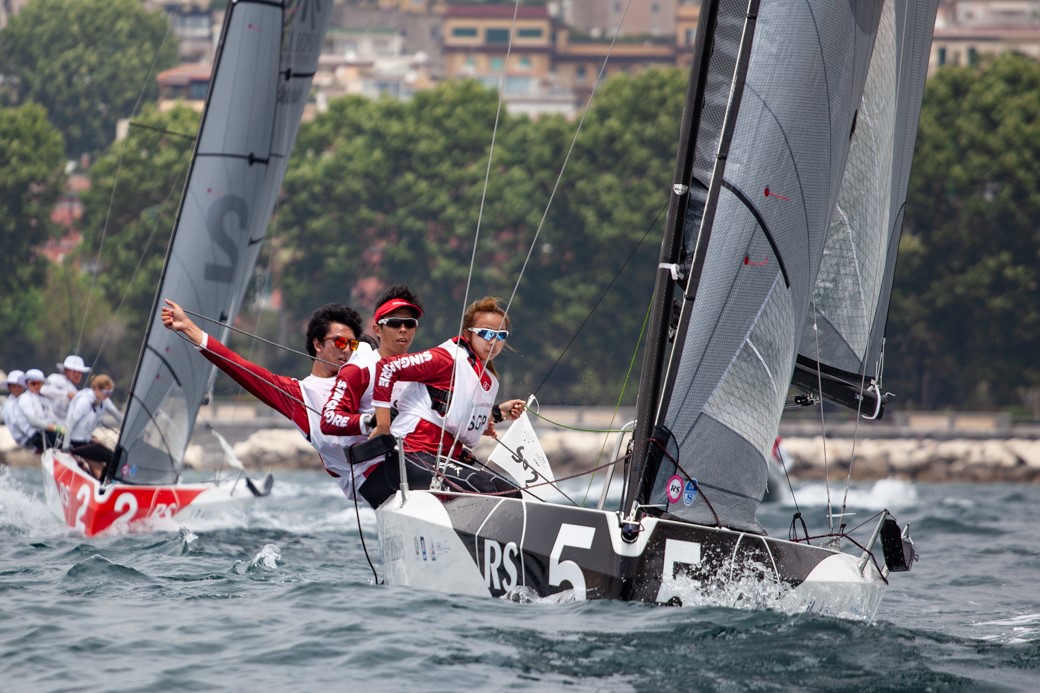
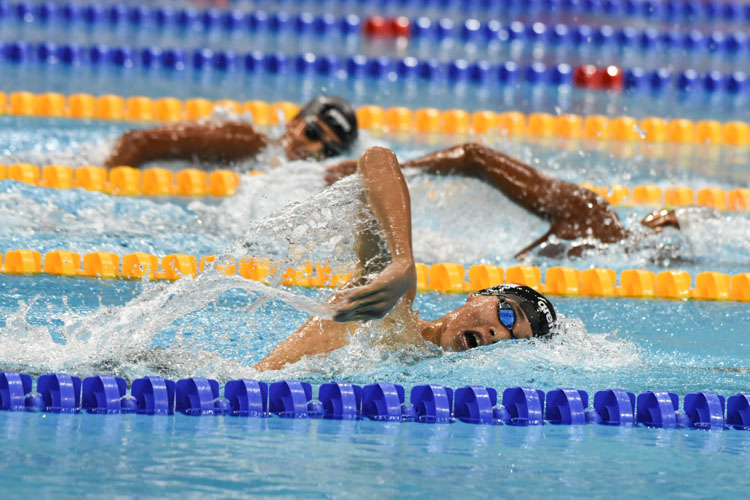
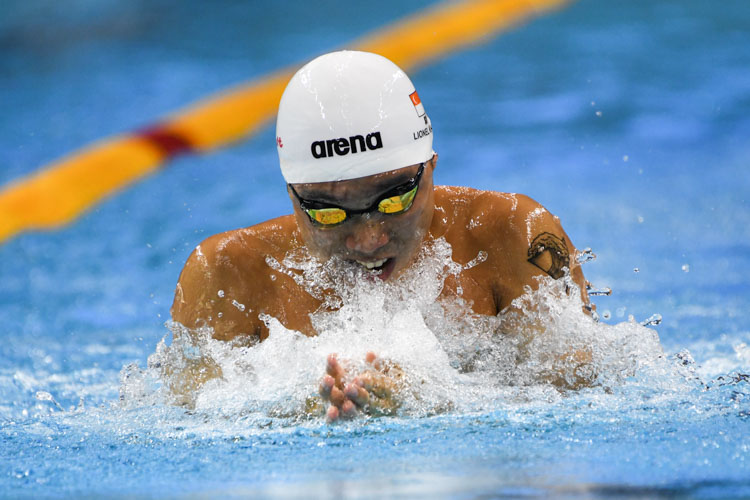

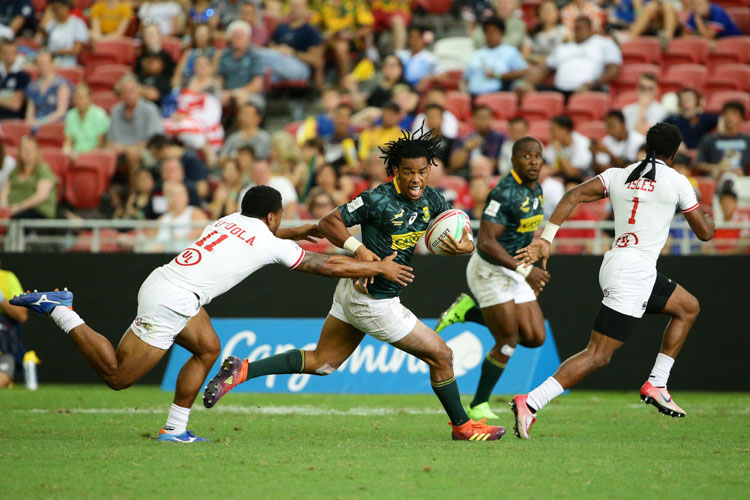
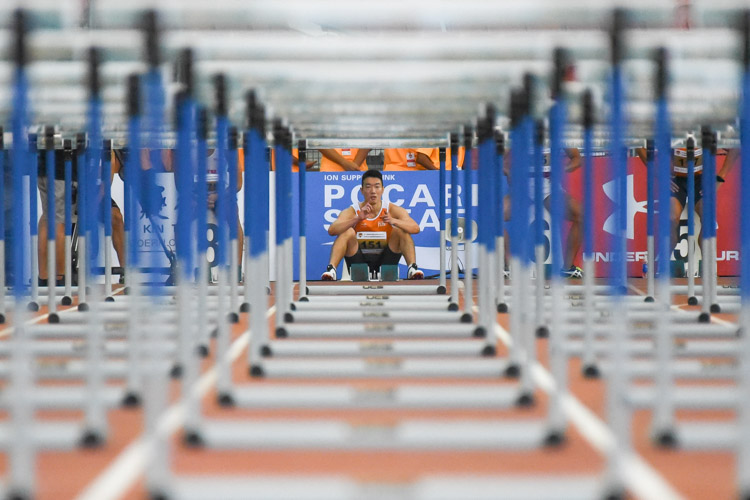
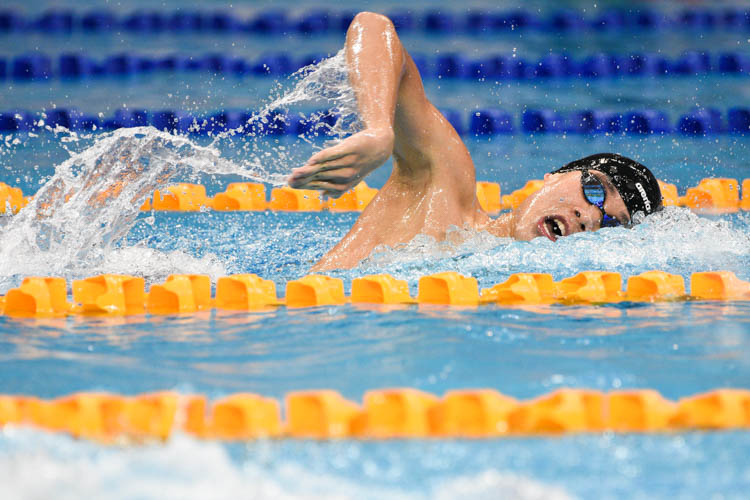
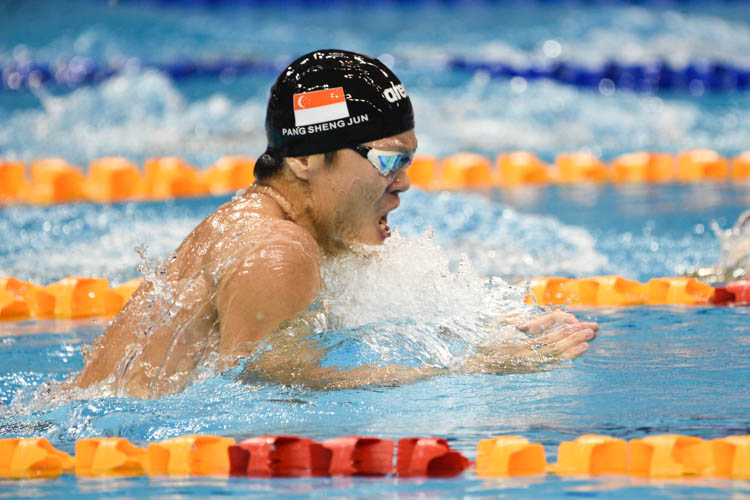
Leave A Comment